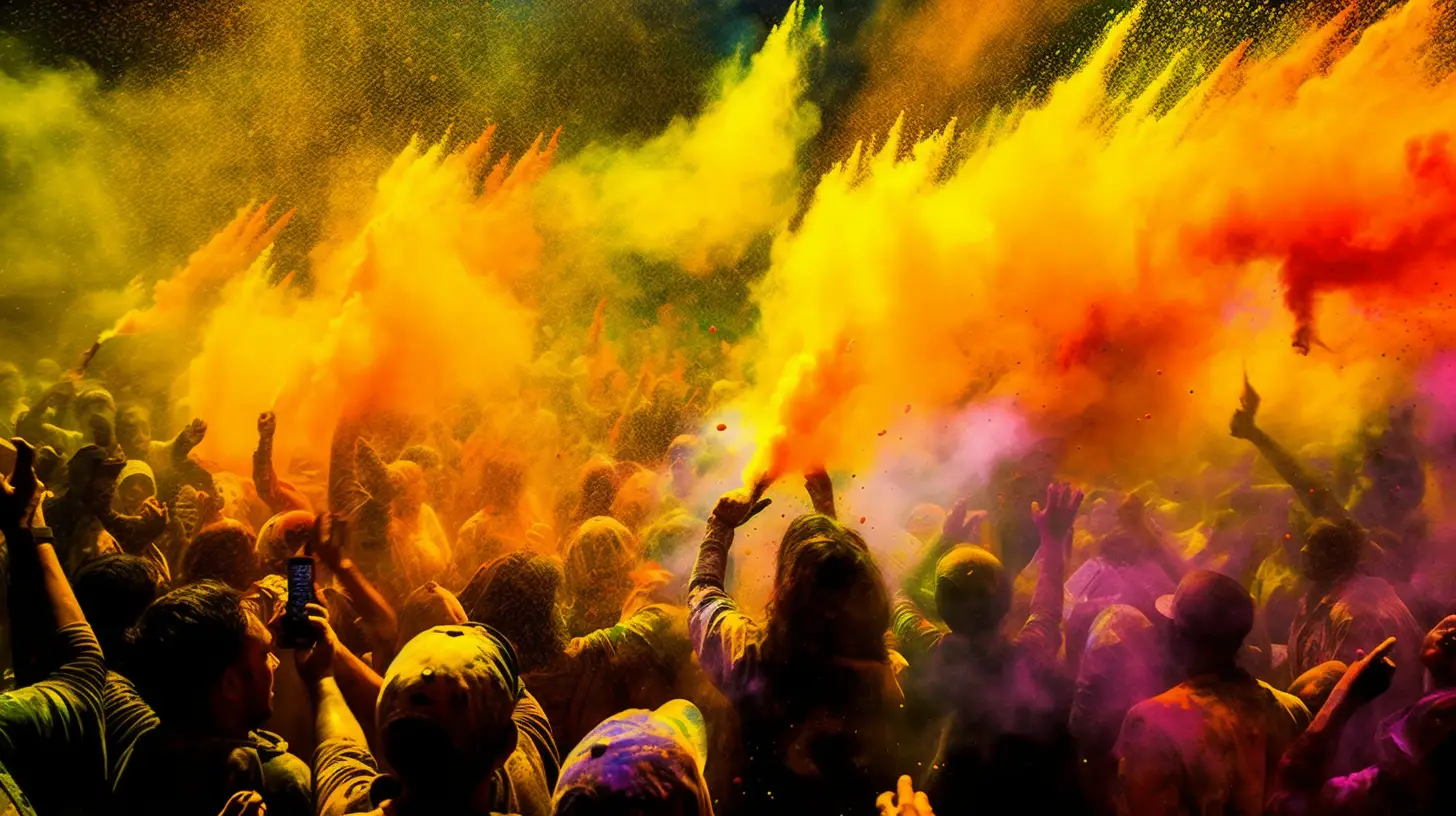
Event Marketing
Strategies for Unforgettable Experiences
What makes an event unforgettable? It's not the venue or the swag bags, it's the experiences that linger long after the event is over. Event marketing is more than just throwing a party, it's about creating experiences that relate with your audience. In a world flooded with digital noise, creating meaningful, memorable moments gives brands a powerful edge.
Understanding Event Marketing
Event marketing is the art of using live experiences to connect with an audience. Think of it as using a live stage to showcase your branding genius. Whether virtual, hybrid, or in person, events serve a multitude of purposes from product launches to networking opportunities. These interactions build brand identity and relationships that aren't possible through traditional marketing methods.
Each type of event has its unique flavor. Virtual events can attract global participation, while hybrid events delight audiences with the option of engaging from anywhere. In person gatherings are irreplaceable for that face to face magic. A clever event marketing strategy understands how to blend these types, capitalizing on what makes each one special. When you're deciding the right format, remember that it's about catering to the preferences of your target audience.
The Influence of Events on Brand Awareness
You've likely attended an event that you still talk about years later. That's the power of strong brand visibility. Events can propel your brand into the spotlight, generating word of mouth and social media buzz. Take Coachella, for instance. It's more than a festival, it's a brand powerhouse. They leveraged social media spectacularly, turning attendees into brand ambassadors.
Every event has the potential to become a trending topic online. When brands think outside the box, they create experiences that become shareable moments. For example, an revolutionary product unveiling at a clean beach can spark a conversation that travels far beyond the venue. It's not just about having a great event, it's about igniting conversations that put your brand on everybody's lips.
Developing a Winning Event Marketing Strategy
Know your audience like you know your best friend. Understanding their preferences is key to building a successful event. Surveys, focus groups, and a little online snooping can provide insights into what makes them tick. Once you know them, you can set clear and measurable goals. Whether it's driving social shares or making direct sales, clearly defined objectives will steer the planning process.
Budgeting is another critical piece of the puzzle. It's easy to overspend with all those exciting ideas swirling around. Develop a realistic budget that allocates resources wisely. Consider also the return on investment (ROI). An event's outcome shouldn't just be seen in the moment, but rather reflected back in long term brand value.
Cutting edge Event Marketing Techniques
The envelope is pushed with new technologies in event marketing. Increased Reality (AR) and Virtual Reality (VR) raise experiences, making attendees feel like they've entered another world. Take a fashion brand utilizing AR to let customers see how outfits would look on them without ever trying them on. Exciting, isn't it?
Interactive content and gamification keep attendees engaged and entertained. Creating challenges or experiences during your event can turn passive viewers into eager participants. And let's not forget sustainability! Consumers increasingly prioritize brands that practice eco friendly methods, so consider how your event can leave a positive result.
Promotion Strategies for Successful Events
Effective multi channel promotion is like opening a tap of potential audience engagement. Your publicity should echo across social media, email campaigns, and even good old fashioned flyers at local coffee shops. Develop compelling narratives that draw people in. Are you launching an industry first product? Tell its story and give your audience a reason to care.
Partnerships increase your reach. Collaborate with influencers, brands, or organizations that align with your vision. When the right collaborations come together, you create a collaboration that results in wider visibility. Each partner brings their audience into the fold a win win!
Measuring Event Success
So, how do you know if your event was a hit? Key performance indicators (KPIs) give tangible numbers to the excitement. Attendance rates, engagement levels, and social media interactions are all metrics to track. Post event surveys are gold mines. You can collect attendee feedback to learn what worked, and what... did not.
Analyzing data offers solid insights into the ROI of your events. Did you gain followers? Increase website traffic? These numbers tell the story. Don't hide behind your spreadsheets, use them to build even better events in the future.
The Future of Event Marketing
As we look ahead, event marketing is changing faster than you can say “post pandemic.” Hybrid events are more than a trend, they're a necessity. The flexibility they offer can cater to varying audience preferences and times in a packed agenda.
Consumer behavior is evolving. Today's audiences seek connection over content. If your events can forge real relationships whether digitally or face to face you stand to emerge as a leader. As technology advances, the very nature of events will continue to evolve. Are we ready for that challenge?
In a nutshell, strategic event marketing can turn mere gatherings into intense connections. In an era where experiences reign supreme, seize the opportunity to create unforgettable moments. With a little creativity and thought, you're not just marketing you're making memories.
What upcoming trends in event marketing do you find the most compelling? Share your thoughts! Subscribe for even deeper insights into forward thinking marketing strategies and let's navigate this exciting setting together!

